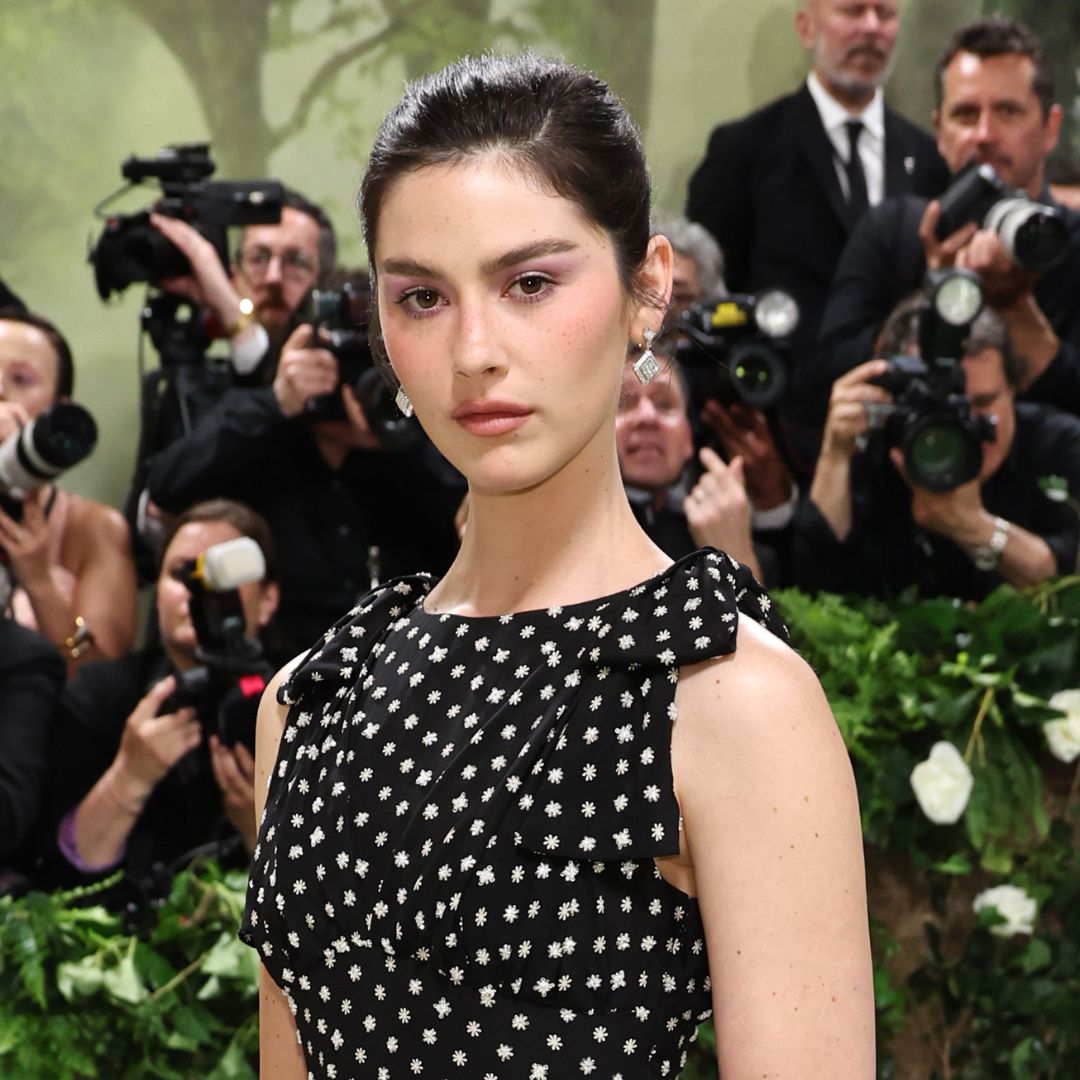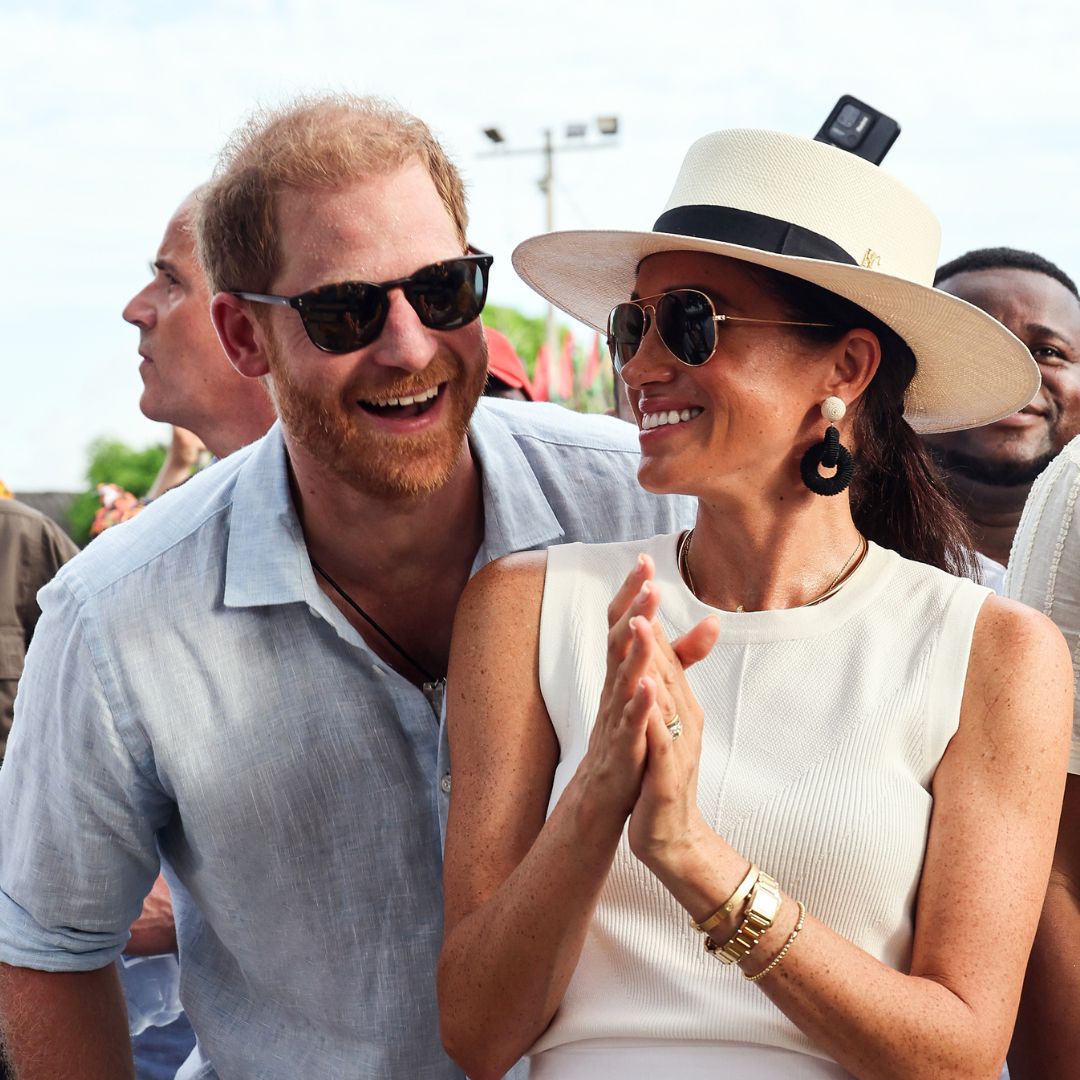'If you're a female MP, people intimidate you in the hope you will shut up and go away’
With the general election - arguably our most toxic one ever - only hours away, Marisa Bate investigates the grim reality of female MPs facing daily death and rape threats, installing panic buttons at home and asks three candidates running for re-election how do we keep women in politics
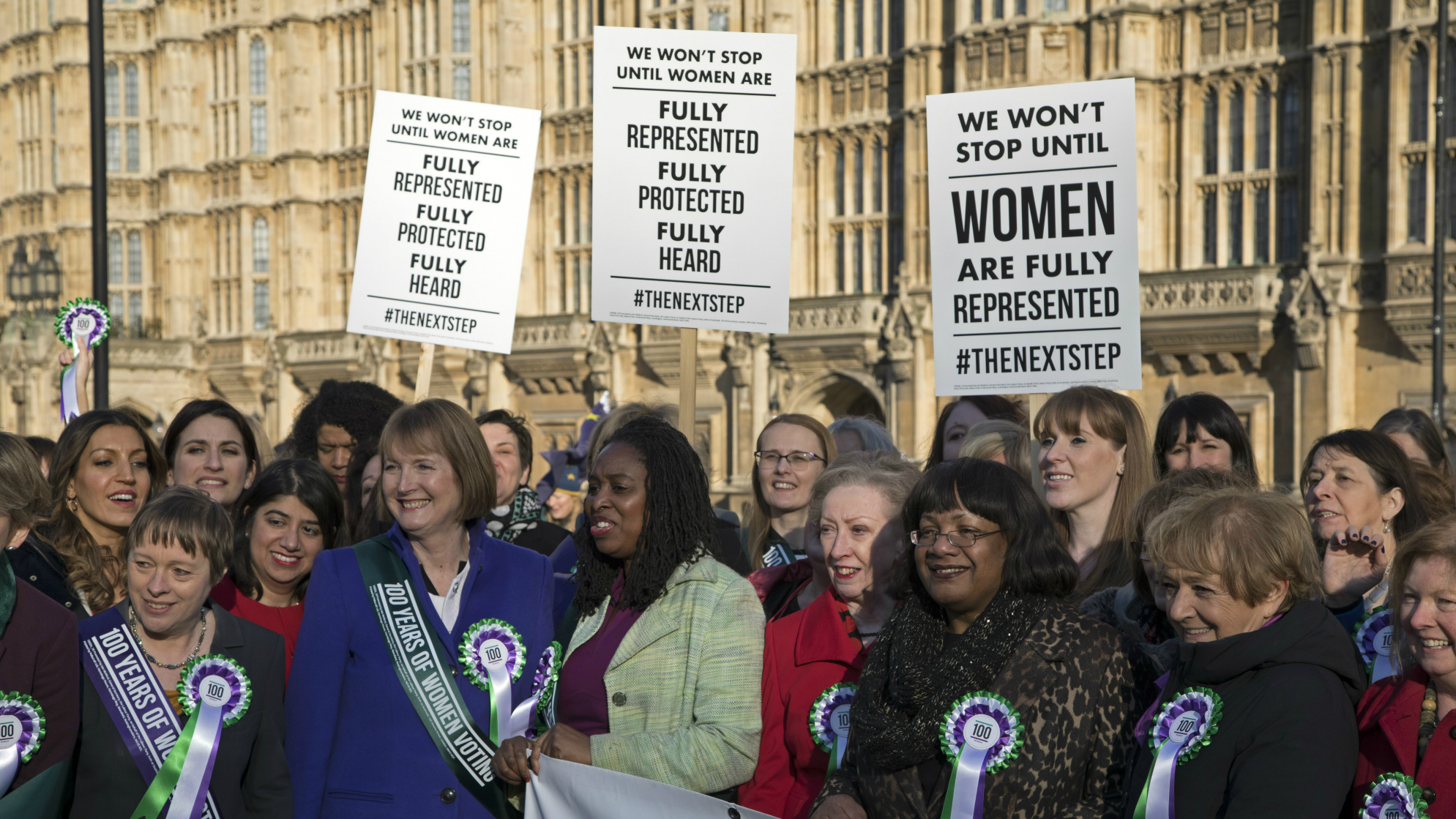

With the general election - arguably our most toxic one ever - only hours away, Marisa Bate investigates the grim reality of female MPs facing daily death and rape threats, installing panic buttons at home and asks three candidates running for re-election how do we keep women in politics
Politics has never been an easy space for women. There’s always been the battle of representation, and the lack of maternity cover (rectified for the first time this year when Labour MP Stella Creasy hired the first ever ‘locum MP’ to cover her maternity), and the nocturnal voting hours which makes having children even more of a logistical nightmare. Parliament (still) sounds and looks like a boy’s club - jeering at PMQs from men who went to the same school. And as the Women's Equality Party have pointed out in their recent campaigning, in the wake of Westminster's #MeToo reckoning in 2017, not one MP has lost their job in the sea of sexual harassment allegations. As WEP leader, Mandu Reid said, ‘As long as our parliament sends the message that harassment and assault don’t matter, we cannot hope to create a more equal future or one that is free from violence.’
But in recent times, added to all of this, is a tidal wave of toxic abuse. Labour MP Diane Abbott has spoken about how she has long received racist and misogynist death threats, mailed in the post to her constituency office. But with the internet and social media, she, as many other MPs are, is bombarded. MPs, particularly female MPs, receive avalanches of abuse every single day. Although Abbott is a particular target. A report by Amnesty in 2017 found of the 25,688 abusive tweets directed at female MPs in the six weeks running up to the election, half were aimed at Abbott. Recently, Abbott said she coped with it all by ‘putting one foot in front of the other’ but precautions have to be taken daily: ‘The first thing my staff have to do in the morning is go online and delete and block all the stuff. And it feeds on itself: people see other people peddling racist abuse, so they think they can as well and they feel almost strengthened in their wish to do so.’
And now, ahead of the 2019 general election, it is having some very real consequences. Eighteen female MPs have announced they won’t be running, and many of them have cited abuse as the reason. And is it any surprise? High profile MPs such as Nicky Morgan, Hedi Allen, Luciana Berger, and Jess Phillips have faced regular death and rape threats that have resulted in police involvement, panic buttons in homes, and perpetrators facing prison time. Offices have been vandalised, members of the public have attempted to break in as staff are locked in for thier own safety. Talking about her abuse, Phillips said dryly, ‘Being subject again to a Ukipper’s rape threats, I am once more reminded how if you dare to speak up and take action against harassment you should expect to clear your diary and focus on nothing else... It is always the victim who has to spend time making their case, hours poring over evidence – which in my case was hundreds of videos of ne’er-do-wells making up lies about me. I can think of a few better ways to spend my evenings: I would genuinely rather undergo a bikini wax.’

The attacks are exceptionally personal. Recently, Lib Dem leader Jo Swinson reported that her infant child had been subject to threats, and Stella Creasy recently faced a pro-life orchestrated attack, in which, whilst heavily pregnant, a group targeted her constituency with pictures of dead fetuses. Writing for Marie Claire she said, ‘I received messages telling me I was a baby killer. CBR-UK even put up billboards in my local Walthamstow town centre, one of which was a 20ft-high picture of my head next to a dead baby. I was eight-months pregnant at the time and it was the same age as my unborn baby. It would be bizarre if I wasn’t affected by that.’
And in the chaos and toxicity of a bitterly divided country over Brexit, many have warned the language we’re hearing in parliament, and from Boris Johnson, the current Prime Minister, will only fan hate and abuse, on and off line. The politially-charged murder of Labour MP Jo Cox, days before the EU referendum in 2016 remains a haunting reminder of just how dangerous things can be for female MPs. In a recent debate, Labour MP Paula Sherriff condemned Johnson’s ‘perjorative language’. Pointing to a plaque for Jo Cox in the chamber, Sherriff made the link between language, abuse and the high stakes at play: ‘We should not resort to using offensive, dangerous or inflammatory language for legislation that we do not like,’ she said. ‘And we stand here under the shield of our departed friend with many of us in this place subject to death threats and abuse every single day.’ Speaking of the abuse she faces, she said, ‘It certainly doesn’t shock me the way it might have done three years ago when I did sometimes cry when I saw them. But now I rarely do. Now it makes me feel angry, and it makes me feel really sad about where we are as a society.’
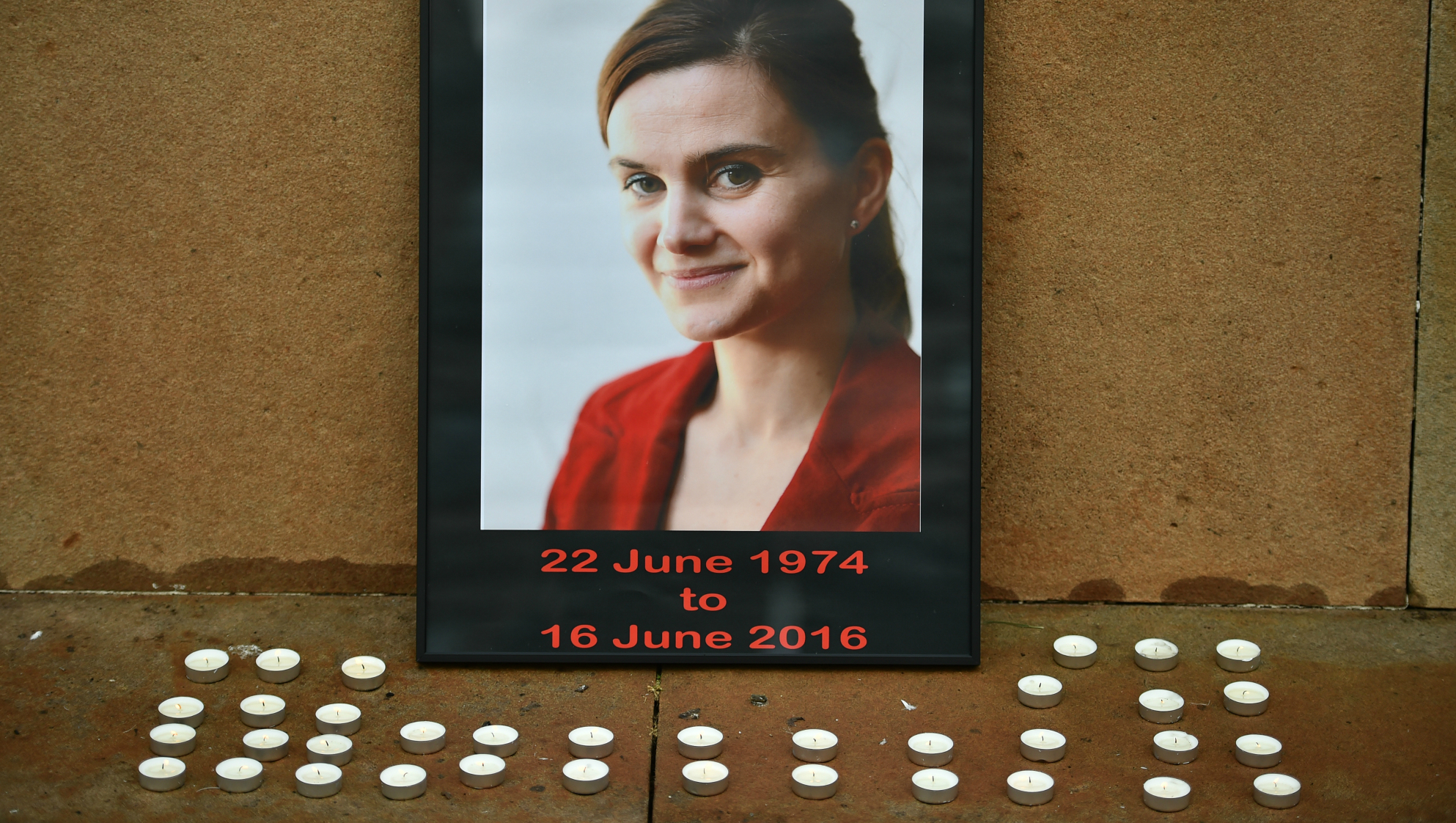
And so, as the country faces a turbulent election and unsure times, Marie Claire asked female MPs how we keep women in politics, and encourage those who harbour an interest but might be put off by the current sorry state of affairs.
Marie Claire Newsletter
Celebrity news, beauty, fashion advice, and fascinating features, delivered straight to your inbox!
Luciana Berger, Liberal Democrats
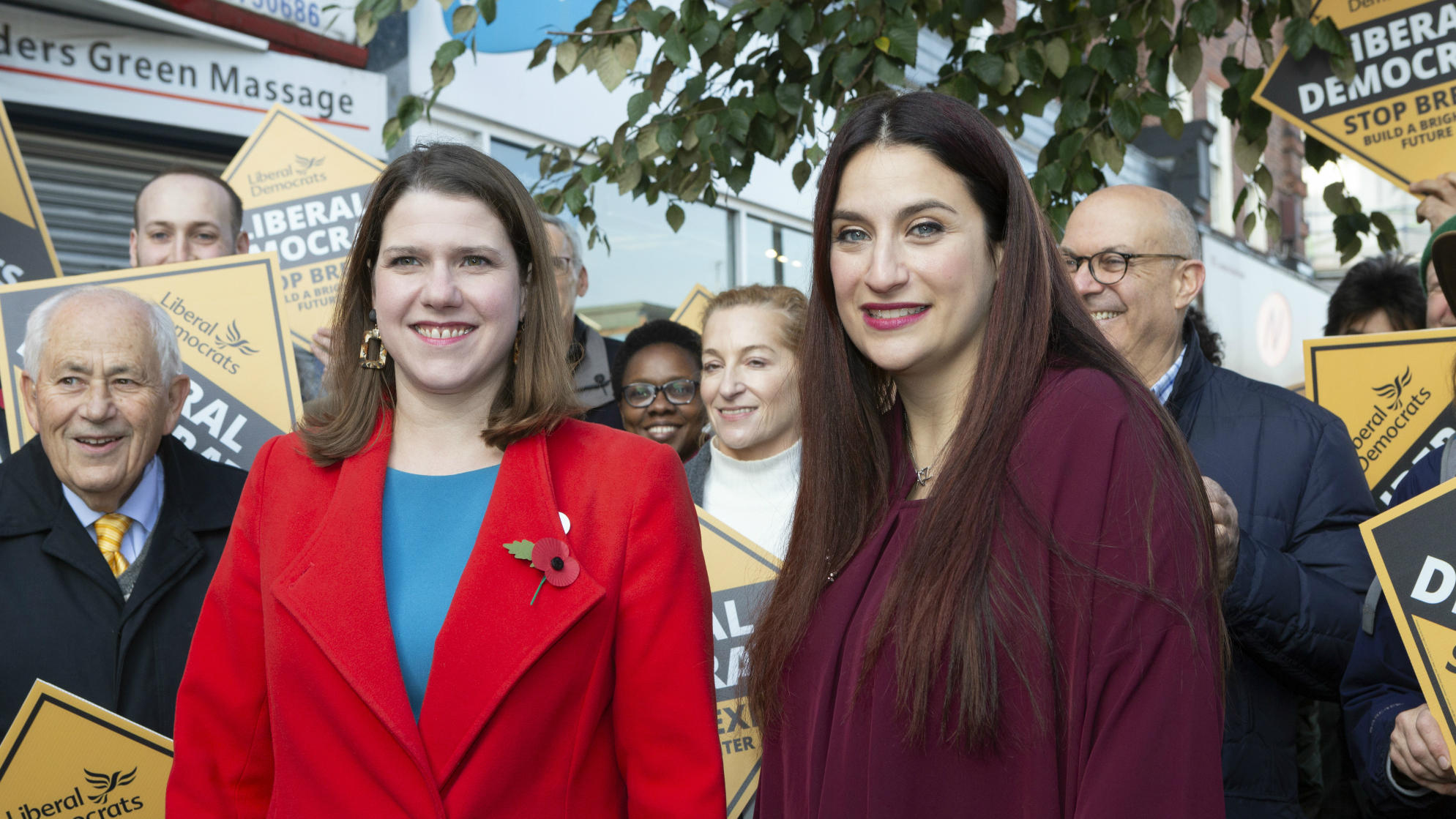
Berger has seen six people criminally convicted for threats against her and her family
‘I know that being an MP might not be the most appealing role for women to consider right now, but I can't stress how important it is to have women in parliament. Women MPs have changed our country’s laws - ensuring that we all have a better work/life balance, improving parental leave, boosting childcare support and introducing protections from domestic abuse. It is no surprise to me that with more women in parliament, we are seeing more cross party work on these issues and others. If you believe, like me, that public service is how we achieve change for the better, I'd urge you to put yourself forward.’
Dawn Butler, Shadow Women and Equalities Secretary, Labour
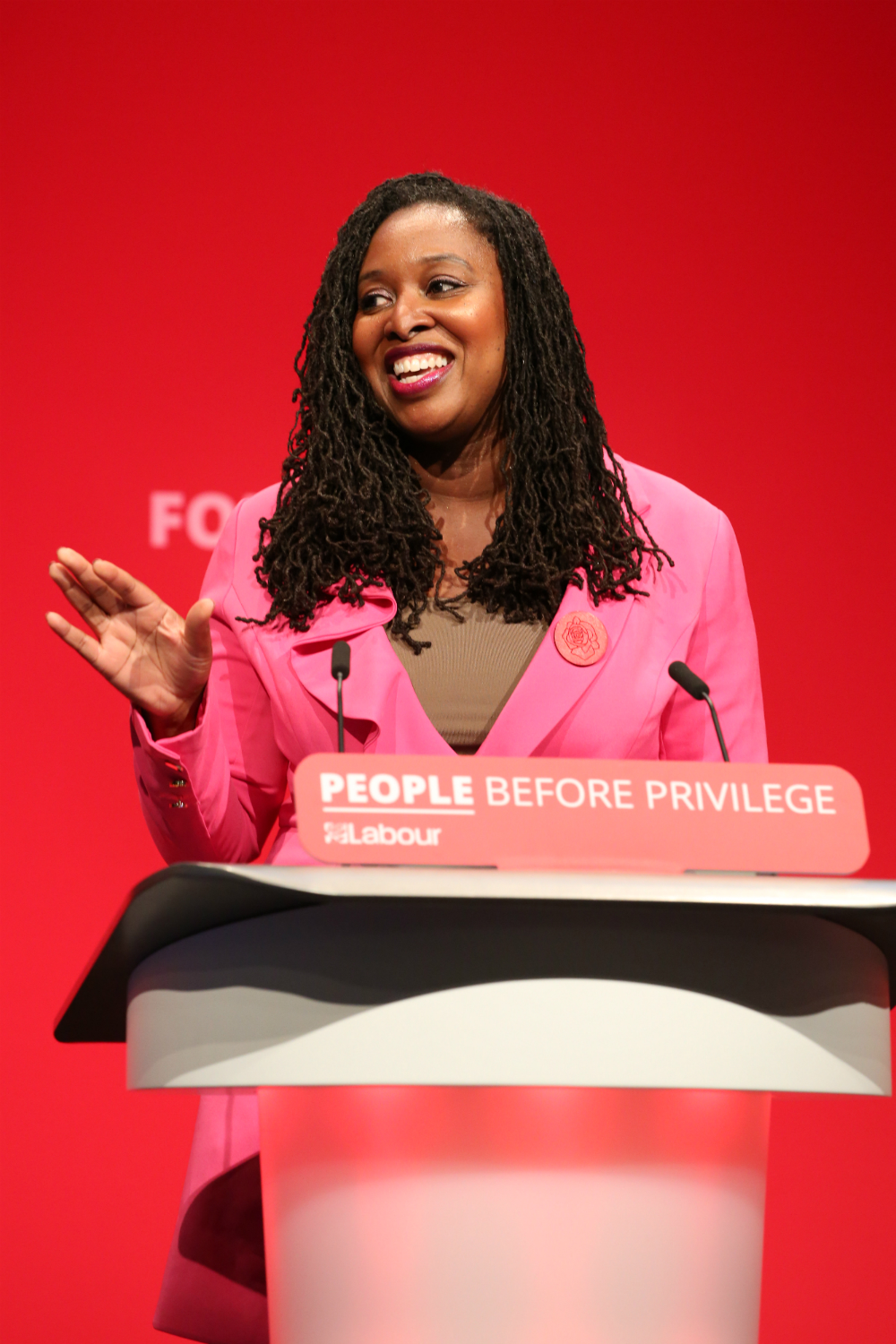
Butler was verbally attacked on the tube when a woman threatened to kill her. The woman was sentenced to three months in jail
‘I would encourage female MPs to not let the haters win. As women in politics, we are often intimidated in the hope that we will just shut up and go away. It used to really bother me when there was an influx of hate and abuse; and then I realised that it happened when I hit a raw nerve – particularly when I exposed the Government for their horrid, deceitful and hostile policies. When I exposed racism or misogyny. When I drew attention to the Government’s failings and reluctance to help change the lives of ordinary people. So now, to quote Labi Siffre, the singer-songwriter, musician and poet: “the more they refuse to hear my voice, the louder I will sing.” It’s a sign that lets me know that we are winning. To all feminists out there, please don’t forget the intersectionality of feminism. African Caribbean, Asian and Muslim politicians receive far more abuse than any others. It’s important that we are not cowed and rally together in solidarity to make sure that politics is not allowed to descend into a cauldron of anti-female animus. But instead becomes a more welcoming environment within which female MPs can thrive and light the way for others to confidently follow.’
Andrea Jenkyns, Conservative
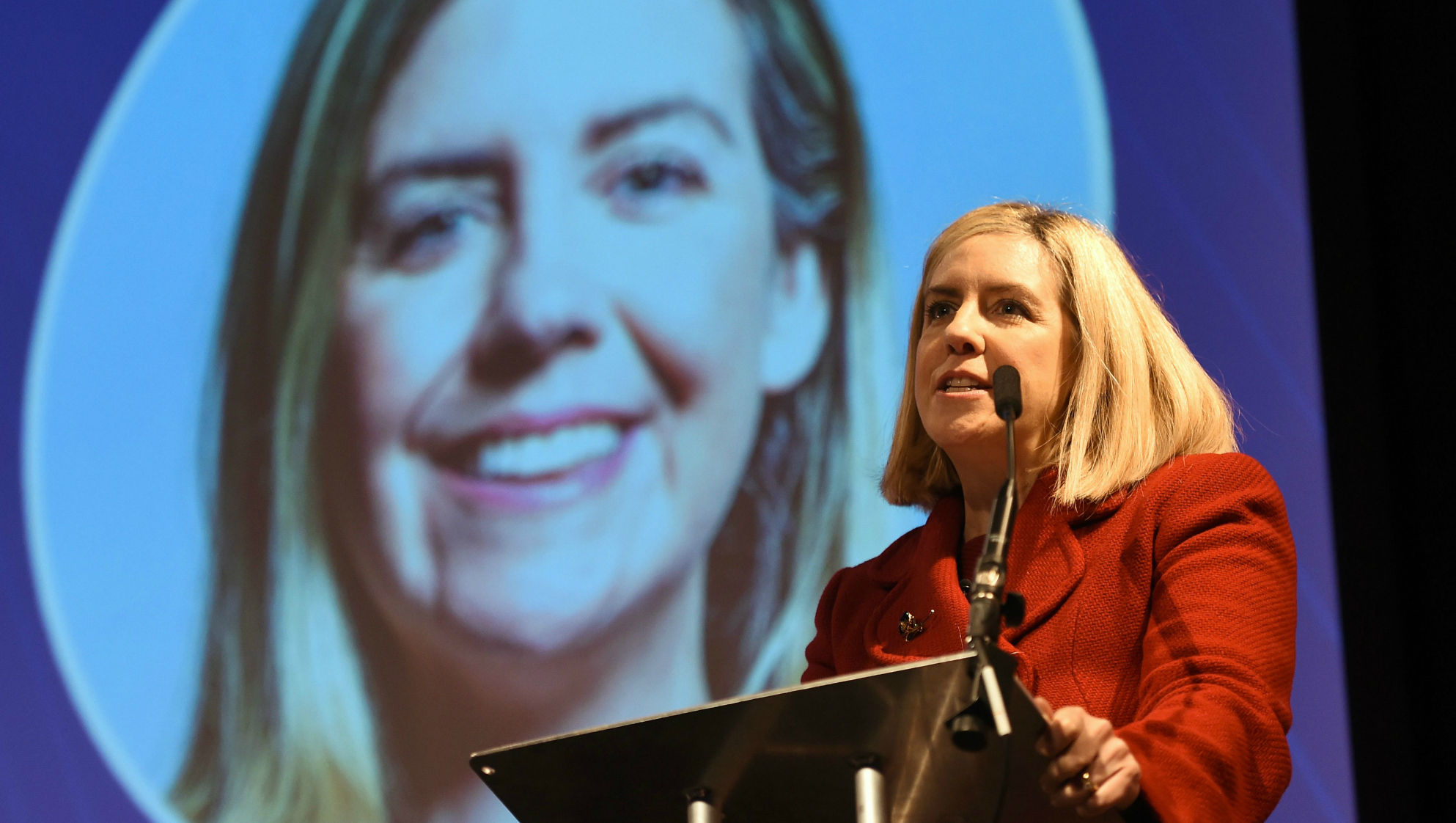
Jenkyns has received a barrage of abuse, in September 2019 she tweeted about graffiti on her office walls instructing her to kill herself
'Last year, I got a threatening and sexually explicit email calling for my female genitals to be cut with barbed wire and to die in a pool of my own excrement. All this for my stance on Brexit. The sad thing is, we deal with it on a daily basis so we're probably not shocked anymore and just accept it. And what kind of society is that? The ones that really get to me are the ones that call me a bad mother. I am here to do a job and I love representing my area. I am dealing with a number of local cases, including a terrible one to do with abuse, so that does keep me grounded. But if I gave up, I would let them win that way. There is no hiding from this sort of abuse. I hope others realise that abuse and violence, in any form, are unacceptable in politics on all sides.'
Maria Coole is a contributing editor on Marie Claire.
Hello Marie Claire readers – you have reached your daily destination. I really hope you’re enjoying our reads and I'm very interested to know what you shared, liked and didn’t like (gah, it happens) by emailing me at: maria.coole@freelance.ti-media.com
But if you fancy finding out who you’re venting to then let me tell you I’m the one on the team that remembers the Spice Girls the first time round. I confidently predicted they’d be a one-hit wonder in the pages of Bliss magazine where I was deputy editor through the second half of the 90s. Having soundly killed any career ambitions in music journalism I’ve managed to keep myself in glow-boosting moisturisers and theatre tickets with a centuries-spanning career in journalism.
Yes, predating t’internet, when 'I’ll fax you' was grunted down a phone with a cord attached to it; when Glastonbury was still accessible by casually going under or over a flimsy fence; when gatecrashing a Foo Fighters aftershow party was easy-peasy-lemon-squeezy and tapping Dave Grohl on the shoulder was... oh sorry I like to ramble.
Originally born and bred in that there Welsh seaside town kindly given a new lease of life by Gavin & Stacey, I started out as a junior writer for the Girl Guides and eventually earned enough Brownie points to move on and have a blast as deputy editor of Bliss, New Woman and editor of People newspaper magazine. I was on the launch team of Look in 2007 - where I stuck around as deputy editor and acting editor for almost ten years - shaping a magazine and website at the forefront of body positivity, mental wellbeing and empowering features. More recently, I’ve been Closer executive editor, assistant editor at the Financial Times’s How To Spend It (yes thanks, no probs with that life skill) and now I’m making my inner fangirl’s dream come true by working on this agenda-setting brand, the one that inspired me to become a journalist when Marie Claire launched back in 1988.
I’m a theatre addict, lover of Marvel franchises, most hard cheeses, all types of trees, half-price Itsu, cats, Dr Who, cherry tomatoes, Curly-Wurly, cats, blueberries, cats, boiled eggs, cats, maxi dresses, cats, Adidas shelltops, cats and their kittens. I’ve never knowingly operated any household white goods and once served Ripples as a main course. And finally, always remember what the late great Nora Ephron said, ‘Everything is copy.’
-
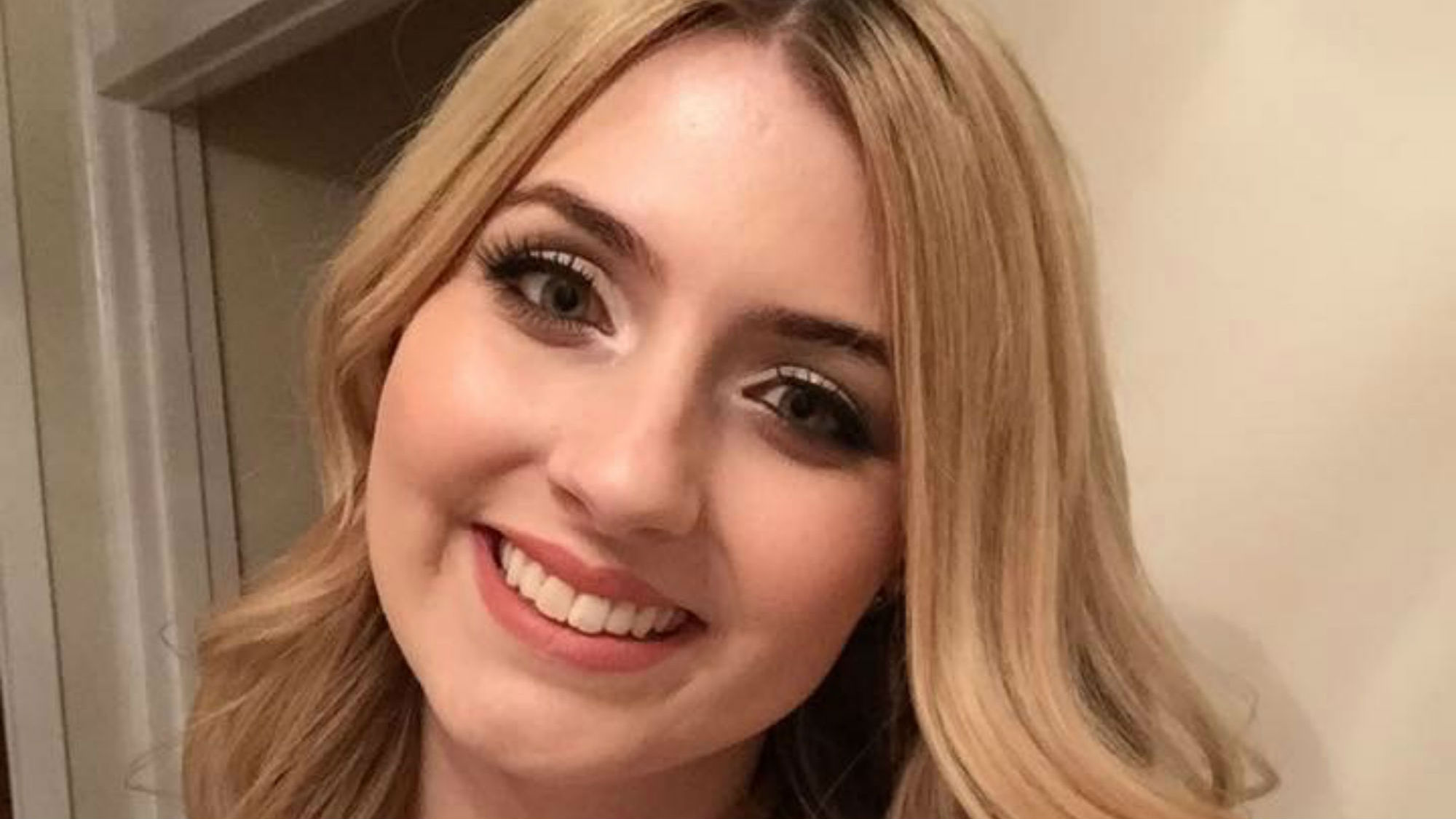 'I was only 24 and had no symptoms' - read one woman's shocking cervical cancer diagnosis
'I was only 24 and had no symptoms' - read one woman's shocking cervical cancer diagnosisThis Cervical Cancer Prevention Week, read Stephanie Varden's powerful story - from chemo to seemingly having the all-clear
By Olivia Adams
-
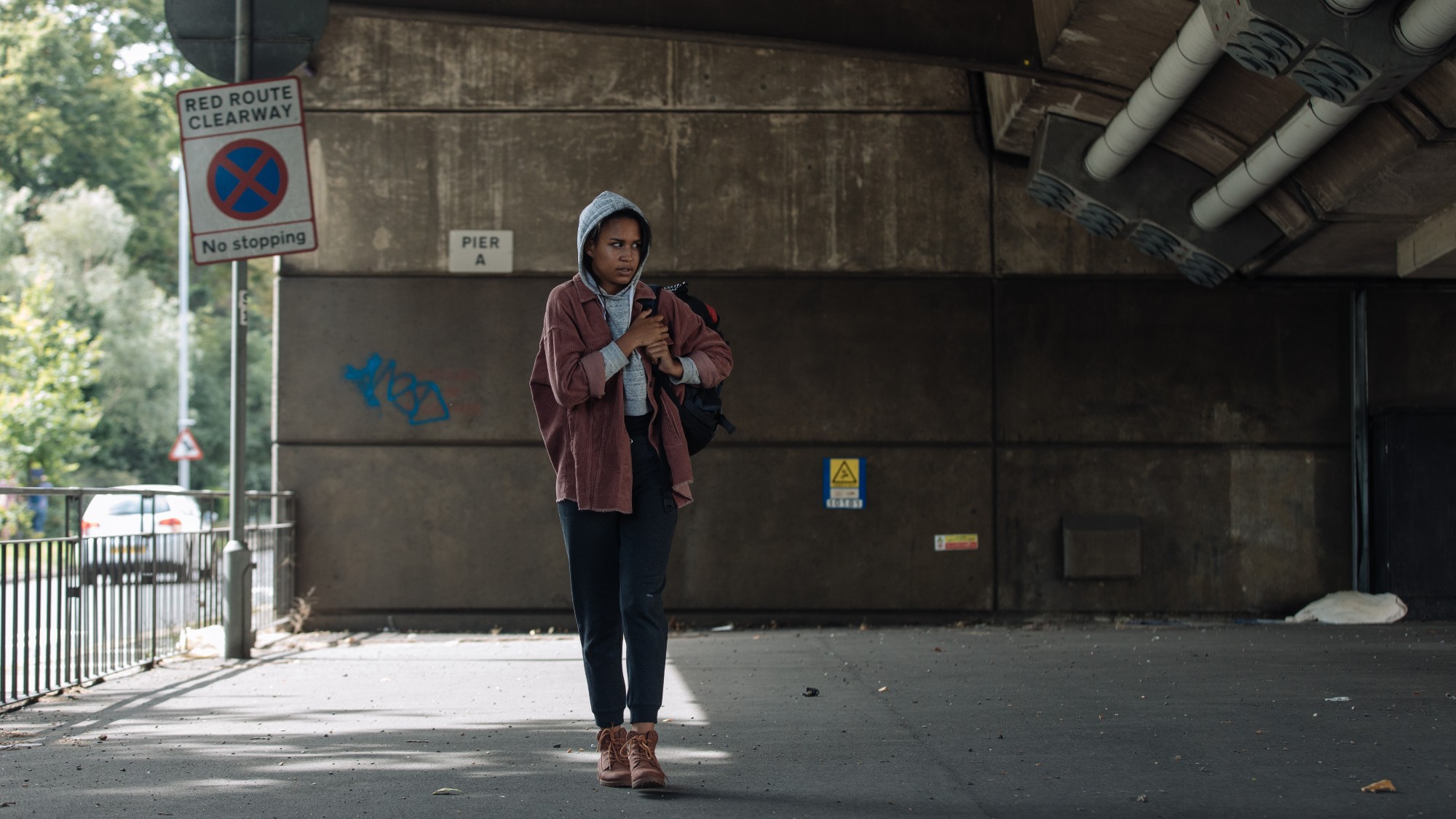 23,000 young people face homelessness this Christmas – here's how you can help with Centrepoint
23,000 young people face homelessness this Christmas – here's how you can help with CentrepointThis Christmas, Marie Claire has joined forces with Centrepoint to bring to light the homelessness crisis among young women.
By Marie Claire
-
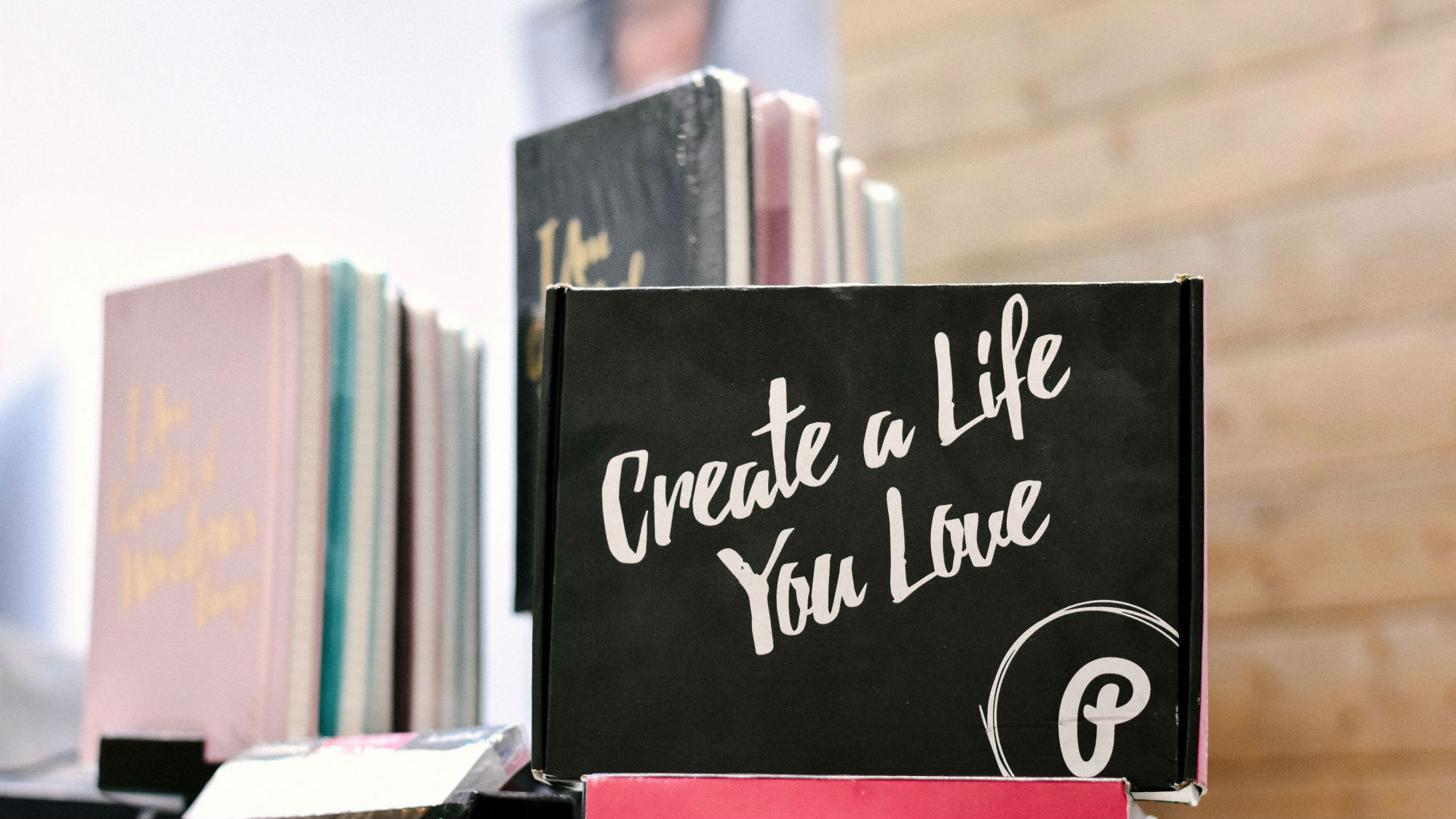 What it's really like to be a 24-year-old model…And HIV positive
What it's really like to be a 24-year-old model…And HIV positiveTo mark World AIDS Day, we spoke to 24-year-old model, art student and beauty queen Horcelie Sinda, who was diagnosed as HIV Positive as a child. This is her story...
By Olivia Adams
-
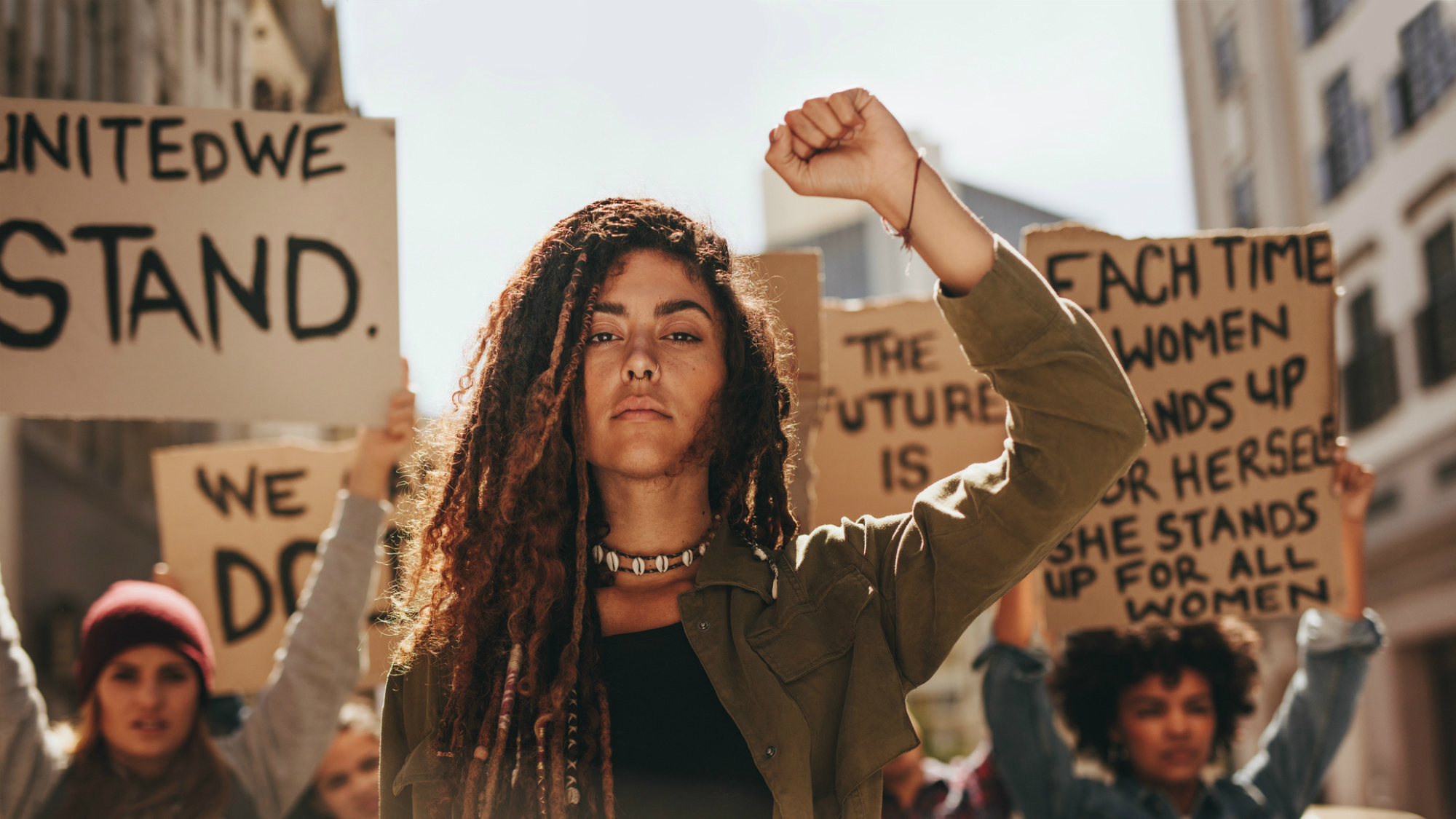 I May Destroy You: sexual assault survivors have a few things to say
I May Destroy You: sexual assault survivors have a few things to sayI May Destroy You, Michaela Coel's extraordinary drama of the year, has triggered many to speak out about their traumatic experiences. Lizzy Dening asks survivors what they want you to know – and how to help
By Lizzy Dening
-
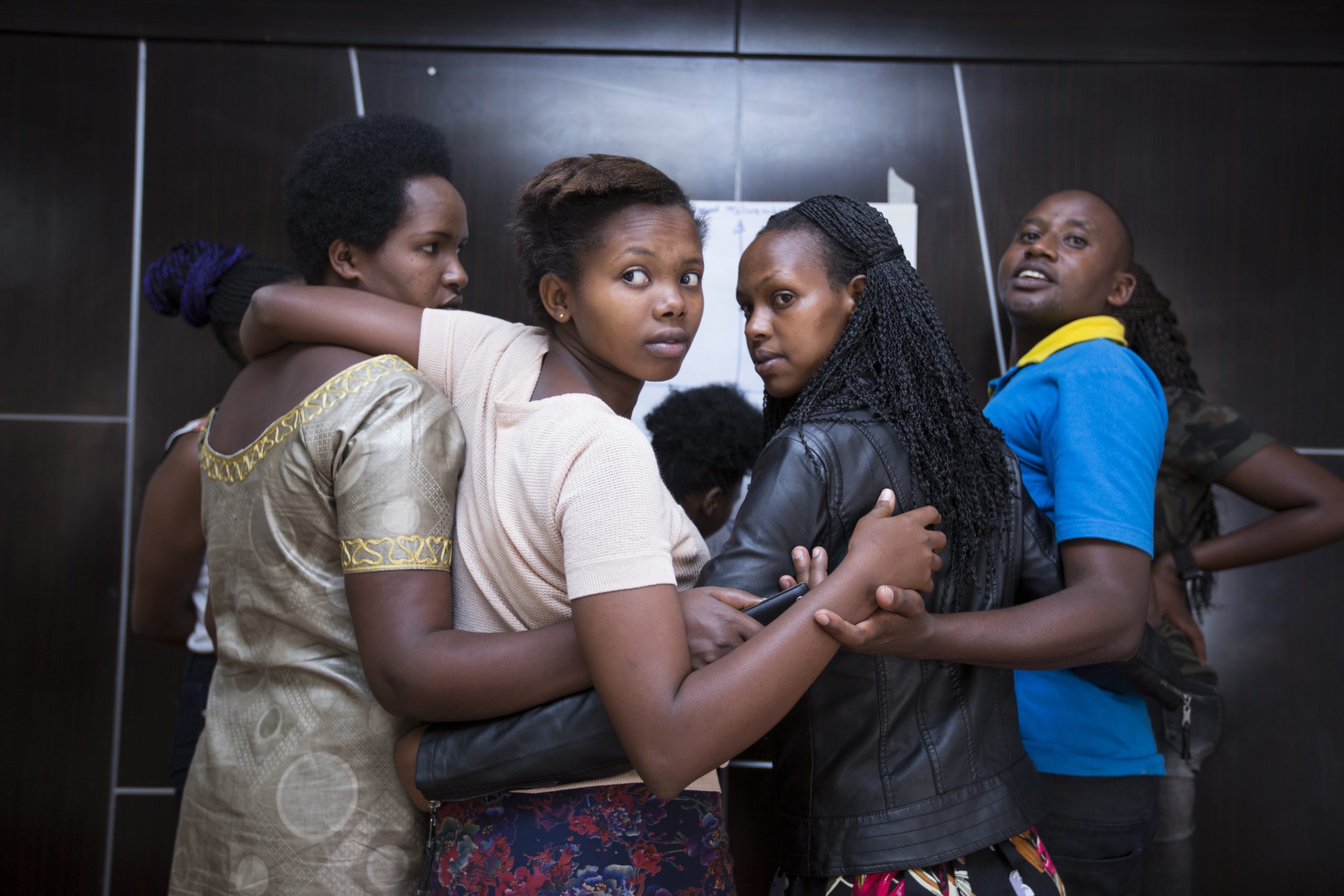 World Refugee Day: girls tell us their vision for the future
World Refugee Day: girls tell us their vision for the future150 girls caught up in humanitarian crises around the world reveal what change they want to see
By Olivia Adams
-
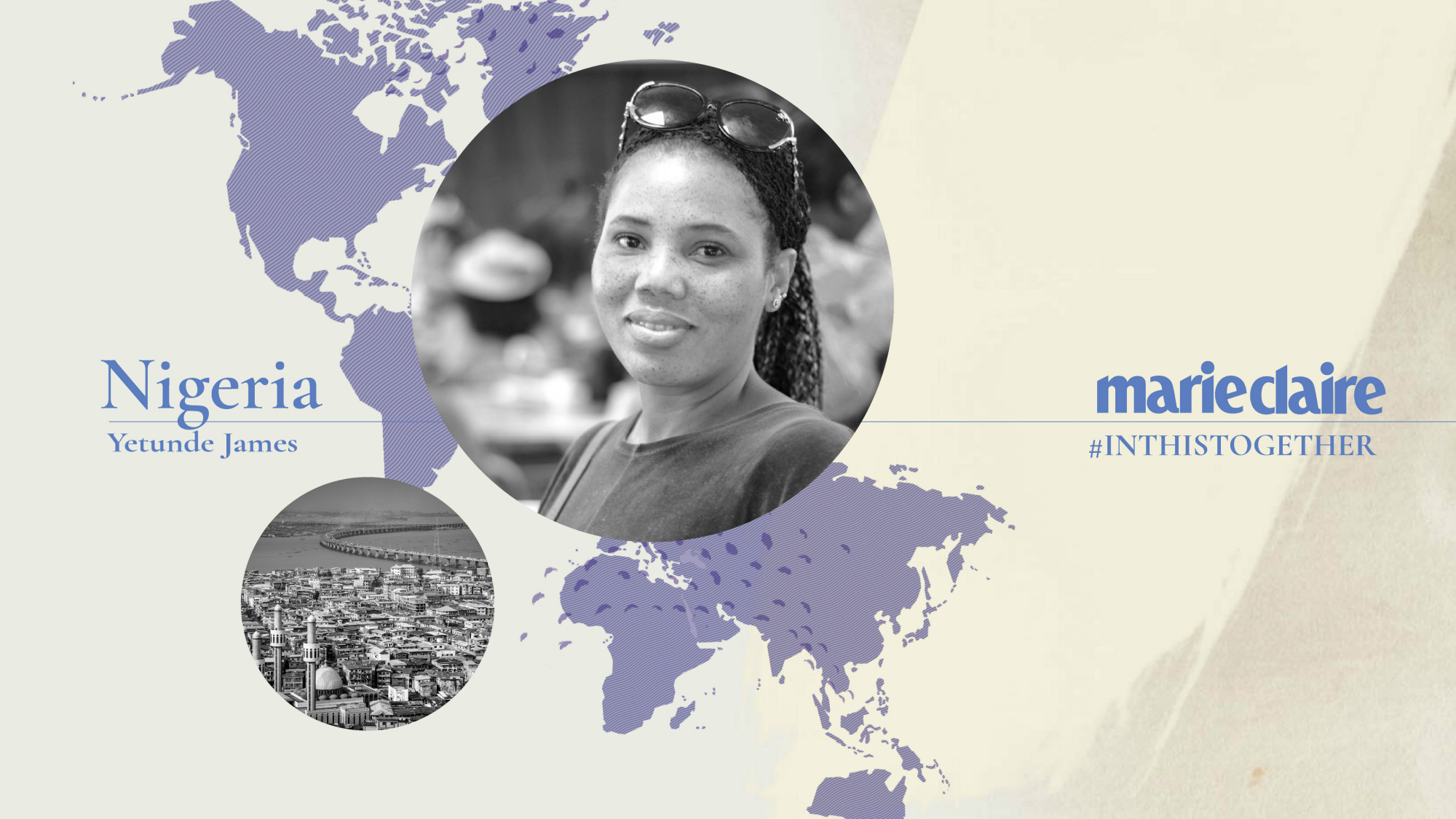 Covid-19 Global Diaries: 'I'm a refugee in London and people like me are dying'
Covid-19 Global Diaries: 'I'm a refugee in London and people like me are dying'Fleeing persecution in Nigeria, Yetunde James arrived in the UK with dreams of a new and safe life. But coronavirus has taken her friends, put her life in danger and her plans to build a bright future on hold
By Maria Coole
-
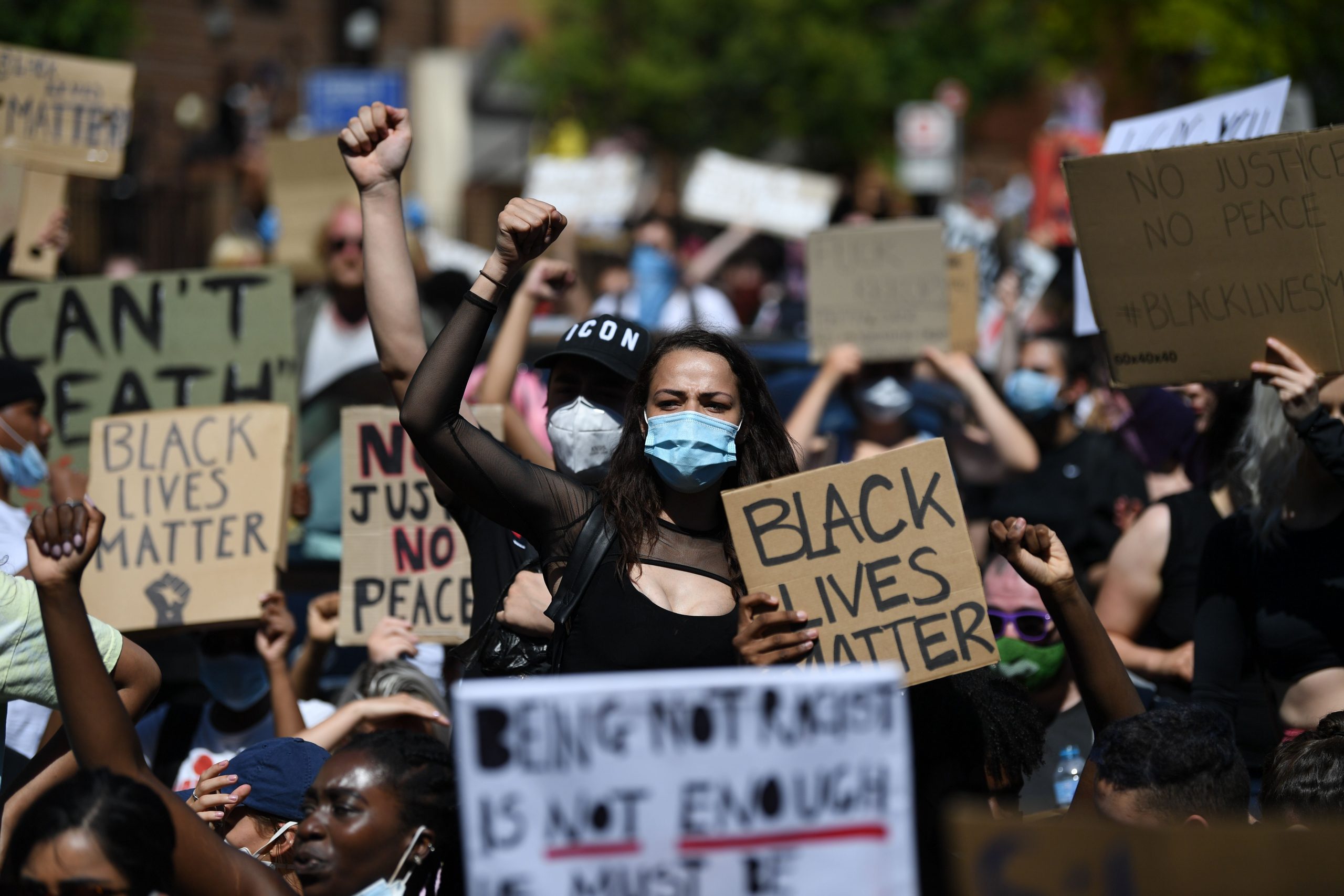 We all have a part to play in making lasting change after George Floyd’s brutal killing
We all have a part to play in making lasting change after George Floyd’s brutal killingBy Jenny Proudfoot
-
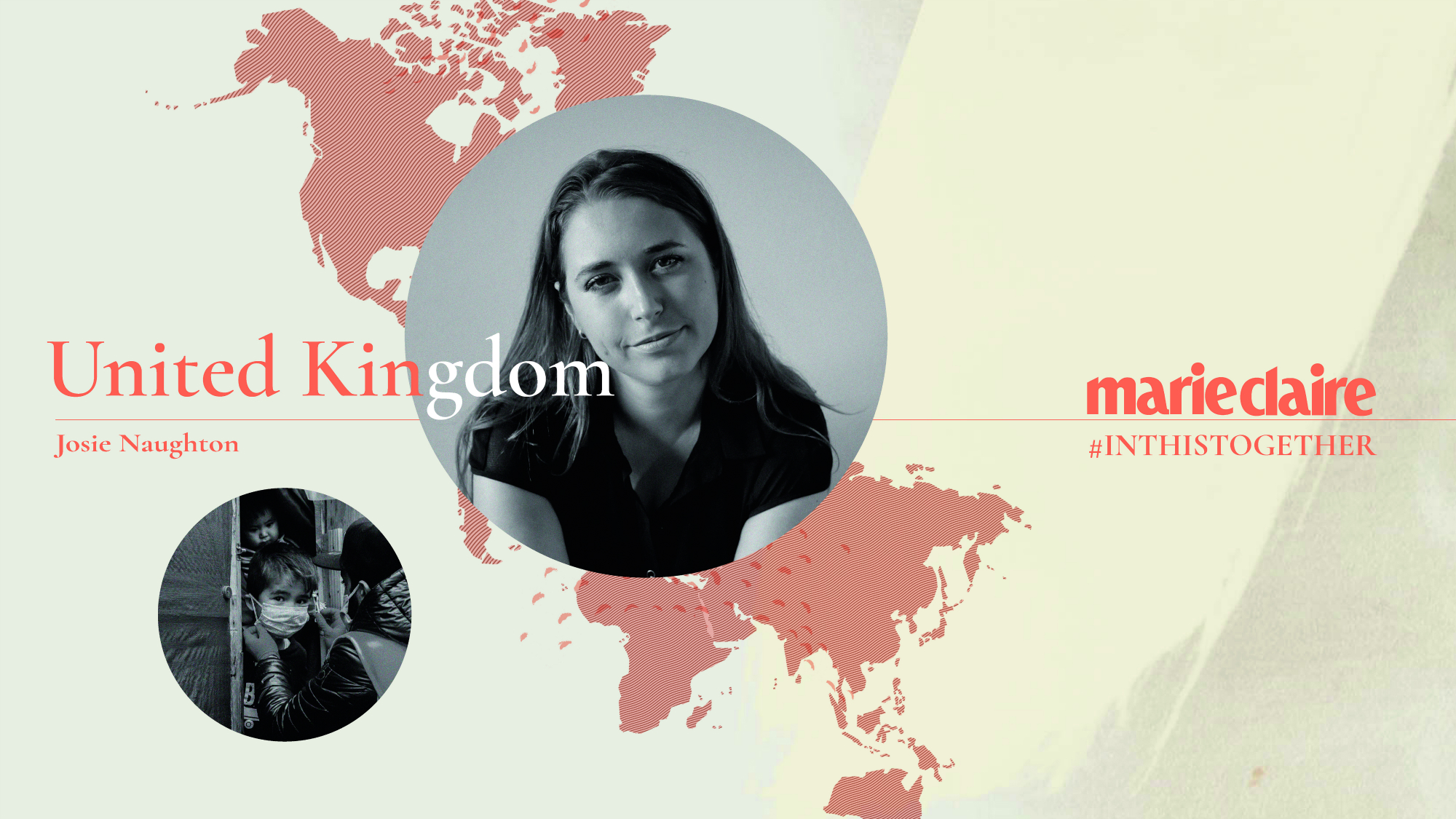 COVID-19 Global Diaries: 'The virus is breaking out in camps and refugees are at terrible risk'
COVID-19 Global Diaries: 'The virus is breaking out in camps and refugees are at terrible risk'Josie Naughton, co-founder and CEO of Help Refugees, works tirelessly with her global team to protect the forgotten people of the pandemic - the refugees left exposed and vulnerable
By Marie Claire

